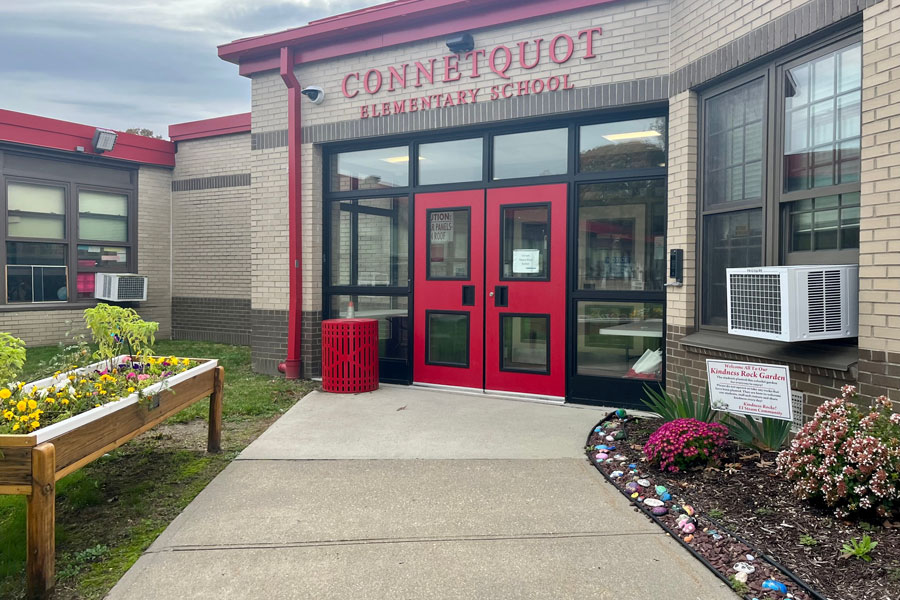Long Island School Districts

Guide to Long Island School Districts
Long Island is home to some of the most highly regarded public school districts in New York State – and in the entire country. With over 120 individual school districts spread across Nassau and Suffolk counties, the island offers families a wide range of educational options, from elite academic institutions to districts with robust arts and athletic programs.
Whether you’re relocating or simply researching, this guide provides a high-level overview of what you need to know about Long Island’s school districts.
Top-Ranked School Districts
These districts are consistently recognized for their academic excellence, college readiness, and high graduation rates:
Jericho Union Free School District (Nassau County)
- Nationally ranked and known for rigorous academics
- High AP participation and graduation rates
- Emphasis on STEM and humanities
Great Neck Public Schools (Nassau County)
- Diverse student body with a strong academic culture
- Award-winning music, arts, and enrichment programs
- High SAT scores and college placement success
Syosset Central School District (Nassau County)
- Highly competitive academics and strong extracurriculars
- Advanced placement and honors courses
- Known for student achievement and teacher quality
Half Hollow Hills Central School District (Suffolk County)
- High academic performance and college-bound rates
- Comprehensive athletics, music, and arts programs
- Strong community involvement
Three Village Central School District (Suffolk County)
- Located in East Setauket/Stony Brook area
- Excellent test scores and highly qualified faculty
- Home to the prestigious Ward Melville High School
Factors to Consider When Evaluating Districts
When comparing school districts, consider the following criteria:
- Academic Reputation: Standardized test scores, graduation rates, college admissions
- Class Sizes: Smaller classes often allow for more individualized instruction
- Extracurriculars: Arts, sports, STEM clubs, robotics, debate, etc.
- Diversity: Cultural and socioeconomic diversity can impact student experience
- Special Education Services: Availability and quality of programs
- Facilities: Modern campuses, technology, libraries, and sports fields
- Community Involvement: PTA activity and local support often reflect district strength
School Funding and Property Taxes
Long Island public schools are primarily funded through local property taxes. As a result:
- Highly ranked districts often have higher property taxes
- School district boundaries can significantly affect home values
- It’s common for two homes a few blocks apart to be in different districts
Pro tip: Always check the official district map or contact the district office before purchasing a home.
Private and Parochial School Alternatives
While public schools dominate the landscape, Long Island also offers:
- Private K–12 schools (e.g., Friends Academy, Portledge School, Long Island Lutheran)
- Catholic schools under the Diocese of Rockville Centre
- Specialized academies focusing on arts, gifted programs, or learning disabilities
How to Look Up District Performance
For the most accurate and updated information:
- New York State Education Department (NYSED): https://data.nysed.gov
- GreatSchools.org and Niche.com: Parent reviews and rankings
- Local PTA websites often post useful resources and event calendars
Final Thoughts
Choosing the right school district is a critical part of relocating to or within Long Island. Fortunately, the region offers a wealth of options – from elite academic powerhouses to well-rounded, community-driven districts. Taking the time to research can make a big difference in your child’s future.

